INTERVIEWS
Jonathan Scharrer
Interviewer: Marcela Torres Molano
Language of interview: English
Country of practice: United States
Profession: Director of the restorative justice project at the University of Wisconsin Law School.
Jonathan Scharrer is a lawyer and director of the restorative justice project at the University of Wisconsin Law School. He has been involved in restorative practices since 2006, in diverse environments such as communities, prisons and schools. During our interview, Scharrer tells us about the advantages and disadvantages of different spaces used for restorative practices, the necessity to ensure an open communication between participants, and the importance of avoiding any type of hierarchical relations during the restorative process. Among other spaces, he describes his experience in rooms inside correctional facilities and governmental buildings.
Further, he argues that in every encounter, it is vital to involve people in the process of changing the space into one that feels restorative. When describing the ideal space for restorative justice, he highlights the importance of flexibility of the room and its furniture, the use of good acoustics, proper use of bright and peaceful colours, and having control over environmental settings such as temperature, air flow, and natural light. He argues it is equally important to use proper partitioning to allow for complete privacy, as well having the possibility of opening the space to the exterior and into nature.
Scharrer discusses how vital it is to keep in mind local connotations, to be culturally responsive, and avoid institutional colours or symbols because they might represent systems of oppression, systemic harm or trauma. In addition, it is critical to be humble, attentive to art and intersectionality, to create inclusive environments and choose the proper objects for the practices and the spaces. For Scharrer, facilitators must be mindful of the message the space is sending, and the sensorial experiences felt by the participants. Lastly, he discusses the importance of inclusive participatory design processes, and the issues around accessibility and ableism, and he raises the question of how spaces can make all people feel welcome.
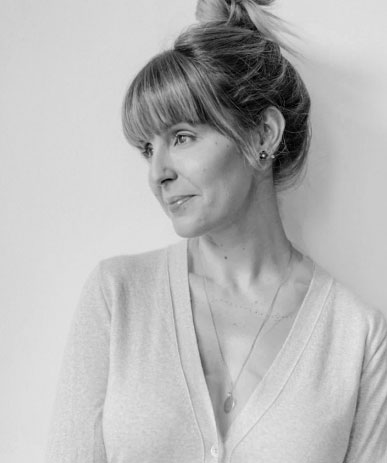
is an author, speaker, columnist, and podcaster in the fields of architecture and decorative arts. She is completing her MA in Art History at Concordia University, Montréal, and holds a Bachelor of Commerce with a major in Marketing from John Molson School of Business. She studied Industrial Psychology in Los Angeles, California. Sicotte is the author of two published books on design (2015, 2018) published by Les Éditions Cardinal.
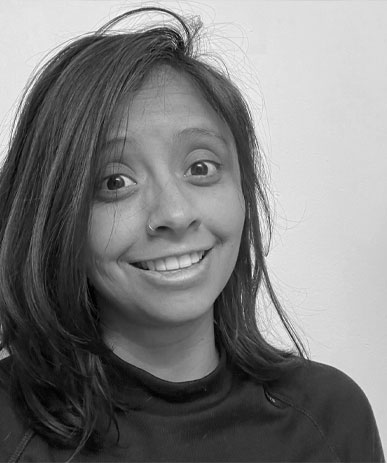
is a Colombian PhD candidate in the Department of Art History at Concordia University. She has a background in architectural design and community activism and holds a master’s degree in Building and Urban Design from the Bartlett School of Architecture in London, England. Her interests focus on socially-engaged art, social movements, collaborative activism in post-conflict scenarios, collectively-produced art, and art produced in relation to the built environment.
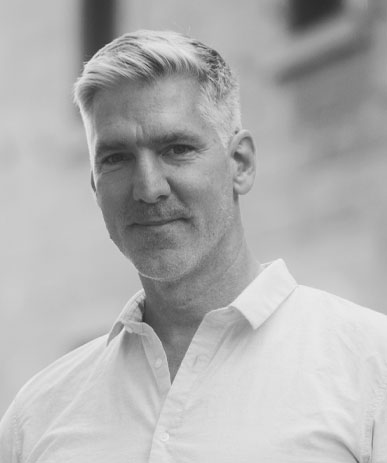
is a PhD candidate in Humanities at Concordia University. His research focuses on spatial agency, social aesthetics, youth narratives, and graphic representations of urban memory. He has published on the relationship between children, play, and public space in Cartagena, Colombia. He has also worked as an editor on literary projects, including Territorio Fértil, which received the María Nelly Murillo Hinestroza award for Afro-Colombian literature.
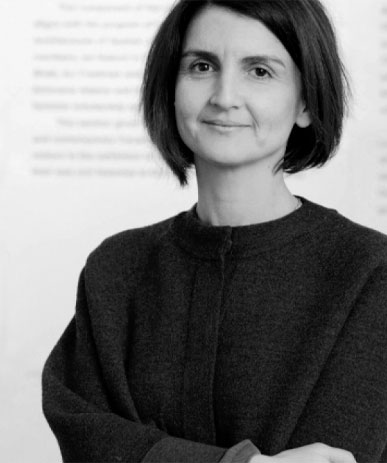
is Associate Professor and Canada Research Chair in Architectures of Spatial Justice (Tier 2) at the Peter Guo-hua Fu School of Architecture at McGill University, Montréal, Québec, Canada. Her research interests include low-income housing and participatory design, civil protest and urban design, and campus landscapes and race. Her publications include the co-edited book, Orienting Istanbul (2010) and solo-authored book, Istanbul Open City (2018).
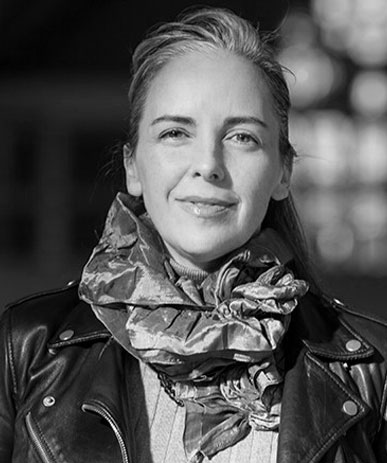
is an artist and a professor of Art History at Concordia University. Her work focuses on women and the history of the built environment, urban landscapes, research-creation, and oral history. She has published on the spatial history of the suffrage movement, public art, gardens, and the politics of urban change. In addition to her research on the spaces of restorative and transitional justice, she is leading an oral history project on the urban memories of diverse Montrealers.
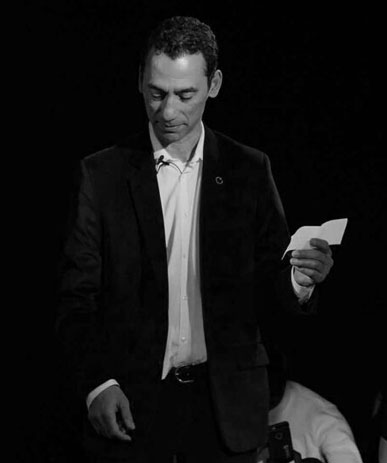
is Associate Professor in the Department of Theatre at Concordia University, Montreal (Quebec, Canada). He is also the second co-director of Concordia’s Centre for Oral History and Digital Storytelling. His latest publications explore listening in the context of post-conflict performances of memory. For instance, see ‘Facilitating voicing and listening in the context of post-conflict performances of memory. The Colombian scenario.’ In: De Nardi, S., Orange, H., et al. Routledge Handbook of Memoryscapes. Routledge: London. (2019), and his article ‘Not being able to speak is torture: performing listening to painful narratives’. International Journal of Transitional Justice, Special Issue Creative Approaches to Transitional Justice: Contributions of Arts and Culture. (March, 2020)